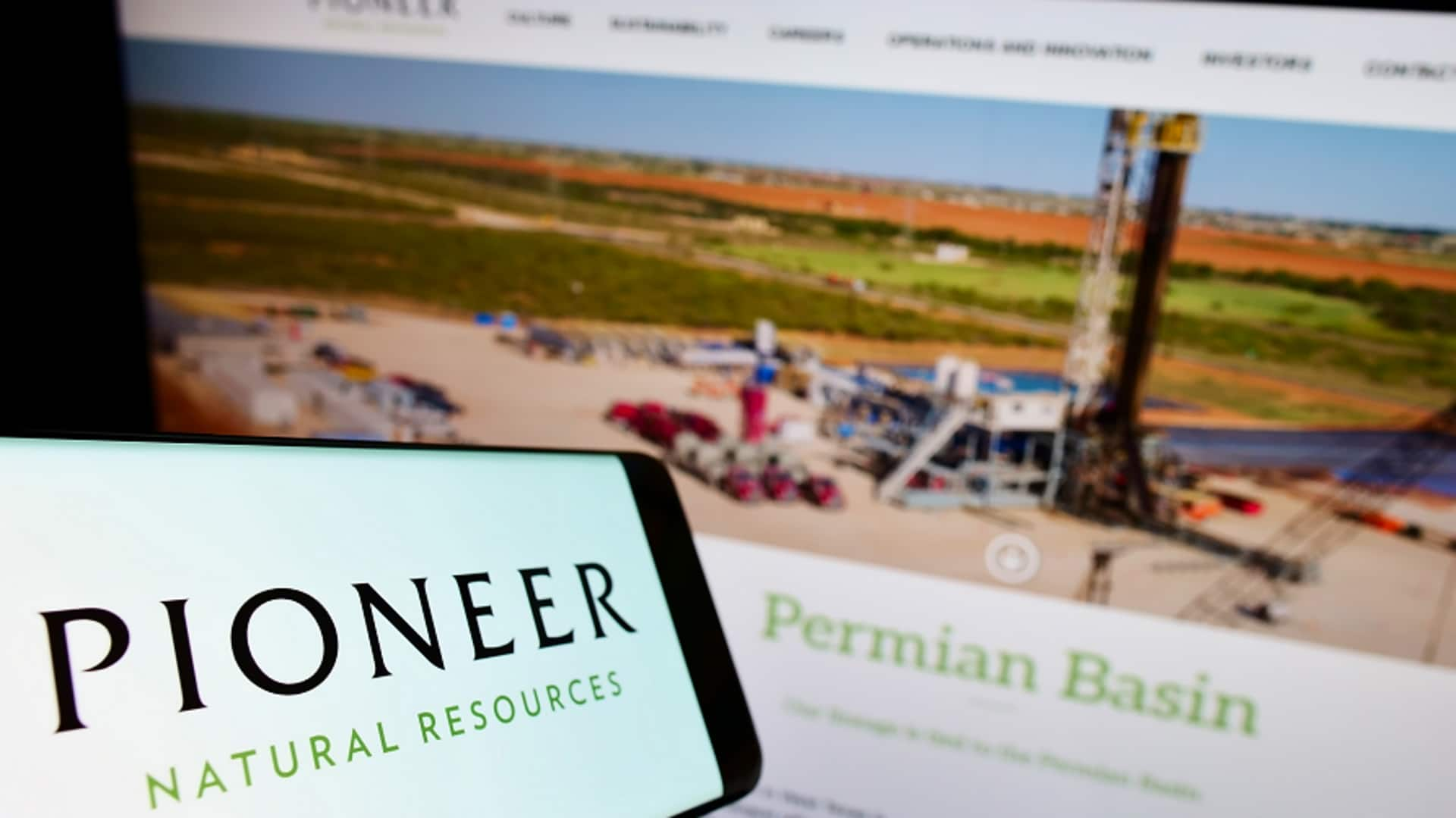
Exxon Mobil buys Pioneer Natural Resources for $60 billion
What's the story
Exxon Mobil has agreed to acquire Pioneer Natural Resources in a massive all-stock deal worth $59.5 billion, solidifying its position as the leading producer in America's largest oilfield. This marks Exxon's largest acquisition since its $81 billion Mobil Oil purchase in 1998, predating the shale boom. Additionally, it stands as the biggest acquisition made by any company this year. The deal is expected to close in the first half of 2024.
Details
Doubling production volume in the Permian Basin
With this acquisition, Exxon Mobil's production in the highly sought-after Permian Basin is expected to more than double, reaching 1.3 million barrels per day. The Permian Basin is a favorite among the US energy industry due to its relatively low oil and gas extraction costs, averaging around $10.50 per barrel. As a result, four of the largest US oil companies will now control a major portion of the Permian Basin shale field and its vast oilfield infrastructure.
What Next?
Environmental best practices and net-zero plans
Exxon Mobil CEO Darren Woods expressed confidence that the combined strengths of both companies would lead to long-term value creation beyond what either could achieve alone. Woods also emphasized their dedication to environmental best practices, stating that the acquisition would reduce their impact on the environment and speed up Pioneer's net-zero plan from 2050 to 2035.
Insights
Pioneer's growth and global diversification
Pioneer Natural Resources has experienced rapid growth through multiple acquisitions, including deals for DoublePoint Energy and Parsley Energy in 2021. Pioneer CEO Scott Sheffield shared that the company would be better positioned for long-term success through size and scale that spans the globe and offers diversity through product and exposure to the full energy value chain once the acquisition is finalized.
Facts
Exxon Mobil's recent deals and financial recovery
Exxon's acquisition of Pioneer follows its $4.9 billion all-stock purchase of Denbury, a US oil company specializing in carbon dioxide infrastructure, in July. The company has bounced back from significant losses and debts in recent years by cutting costs, selling assets, and capitalizing on high energy prices driven by Russia's invasion of Ukraine. Exxon reported a record $56 billion profit last year, a stark contrast to the $22 billion loss it faced during the COVID-19 pandemic just two years prior.